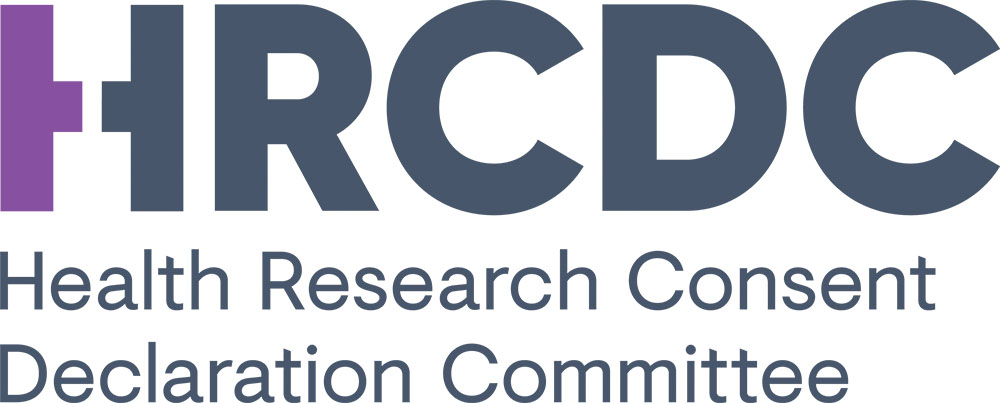
Tissue Bio-Banking
This biobank comprises fresh frozen and formalin-fixed tumour and normal tissue samples. An important aim of the tissue biobank is to ensure the availability of high quality, well annotated tissue specimens for research. It underpins ongoing and future translational research projects.
The direction of the Cancer Biobank is led by Ms. Niamh Mc Cawley, Consultant General and Colorectal Surgeon who is also a Honorary Senior Lecturer at RCSI and Prof Jochen Prehn (CSM Director).
For informal inquiries please contact Dr Helena Bonner- Email address: hbonner@rcsi.com
A description of the type of tissue used in the project
-
Investigating hypoxia-driven spatial patterns in CMS2 tumours. It aims to utilize the GeoMX DSP platform to identify hypoxia-related gene expression patterns in CMS2 tumours, hypothesising that hypoxia may contribute to metabolic reprogramming and distinct cellular differentiation states within these tumours.
-
Spatial transcriptomic analysis reveals local effects of intratumoral fusobacterial infection on DNA damage and immune signaling in rectal cancer” link to Bill’s fuso study published: https://doi.org/10.1080/19490976.2024.2350149
Project Title 2: Immunogenicity in mucinous rectal adenocarcinoma-
PhD Student: Dr Barry Mc Guire , MD
A description of the type of tissue used in the project
The project uses both mucinous and non-mucinous colorectal FFPE tissue from the RCSI Biobank
How the biobank tissue, is being used; links/webpages linked to the project: Fusobacteria have been associated with altered prognosis in colorectal cancer and this is hypothesised to relate in part to alterations in the immune microenvironment. My project aims to characterise the local effects of Fusobacteria on mucinous colorectal cancer. To study this, we have retrieved and cut colorectal cancer tumour specimens which have been mounted onto slides. Using multiplexed immunohistochemistry and confocal imaging to label Fusobacteria as well as proteins of interest, we study the immune environment associated with Fusobacteria.
Our group has already published a study based on a spatial transcriptomic approach: Duggan WP, Kisakol B, Woods I, Azimi M, Dussmann H, Fay J, et al. Spatial transcriptomic analysis reveals local effects of intratumoral fusobacterial infection on DNA damage and immune signaling in rectal cancer. Gut Microbes. 2024;16(1):2350149
Project Title 3 : Investigating the Mechanisms of the Crosstalk Between Exposure to Environmental Toxins and Gut Microbiome Dysregulation in Colorectal Cancer and Cancer Stem Cell Maintenance and Proliferation: Experimental and Clinical Studies
PhD Student : Menatallah Samer Samy Ragab Rayan
A description of the type of tissue used in the project
Colorectal tissue – colorectal tumour and adjacent tissue within resected specimen.
How the biobank tissue, is being used; links/webpages linked to the project:
The fundamental objective of this study is to provide new and more effective prognostic biomarkers and stratification tools for therapeutic interventions, specifically tailored to colorectal cancer patients. Samples collected under the Bioresource protocol (biobank approval 08/62) are retained as fresh frozen samples, paraffin embedded tissue samples and RNA later stored samples in the Department of Pathology at Beaumont Hospital. These samples will be used for this study as required to determine the prognostic potential of the proteins examined here in colorectal cancer at transcriptomic, the, proteomic and metabolomic level.
Project Title 4: Chemical imaging for rapid precision subtyping and recurrence prediction in colorectal cancer (CHEM-SENTIENCE)
PhD Student: M. Rifqi Rafsanjani
A description of the type of tissue used in the project
Colorectal tissue – colorectal tumour and adjacent tissue within resected specimen.
How the biobank tissue, is being used; links/webpages linked to the project:
CHEM-SENTIENCE is a PhD project of the HEA-funded All-Island Cancer Research Institute (AICRI)-START PhD and postdoctoral training and research program. CHEM-SENTIENCE will be entirely novel through developing AI approaches to the fusion of spectral and transcriptomics data and the establishment of novel chemico-pathological features that are connected to transcriptomic ground truth. These markers will form the basis of a platform for prediction of recurrence in colorectal cancer. The samples used will also provide data on the spatial organisation of cell types within the tumour microenvironment and stromal compartment and will allow for the future development of predictive biomarkers targeting the tumour microenvironment.